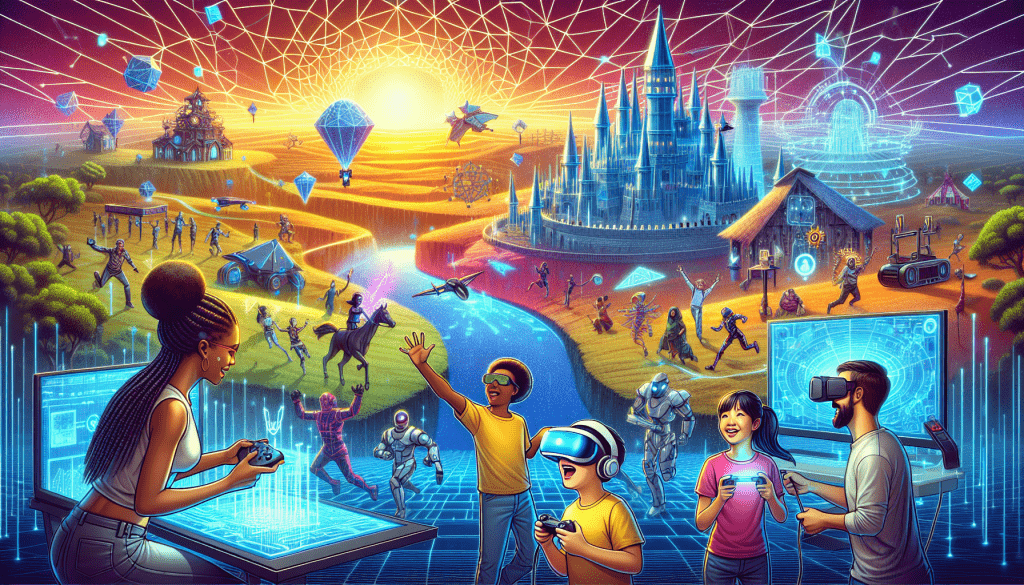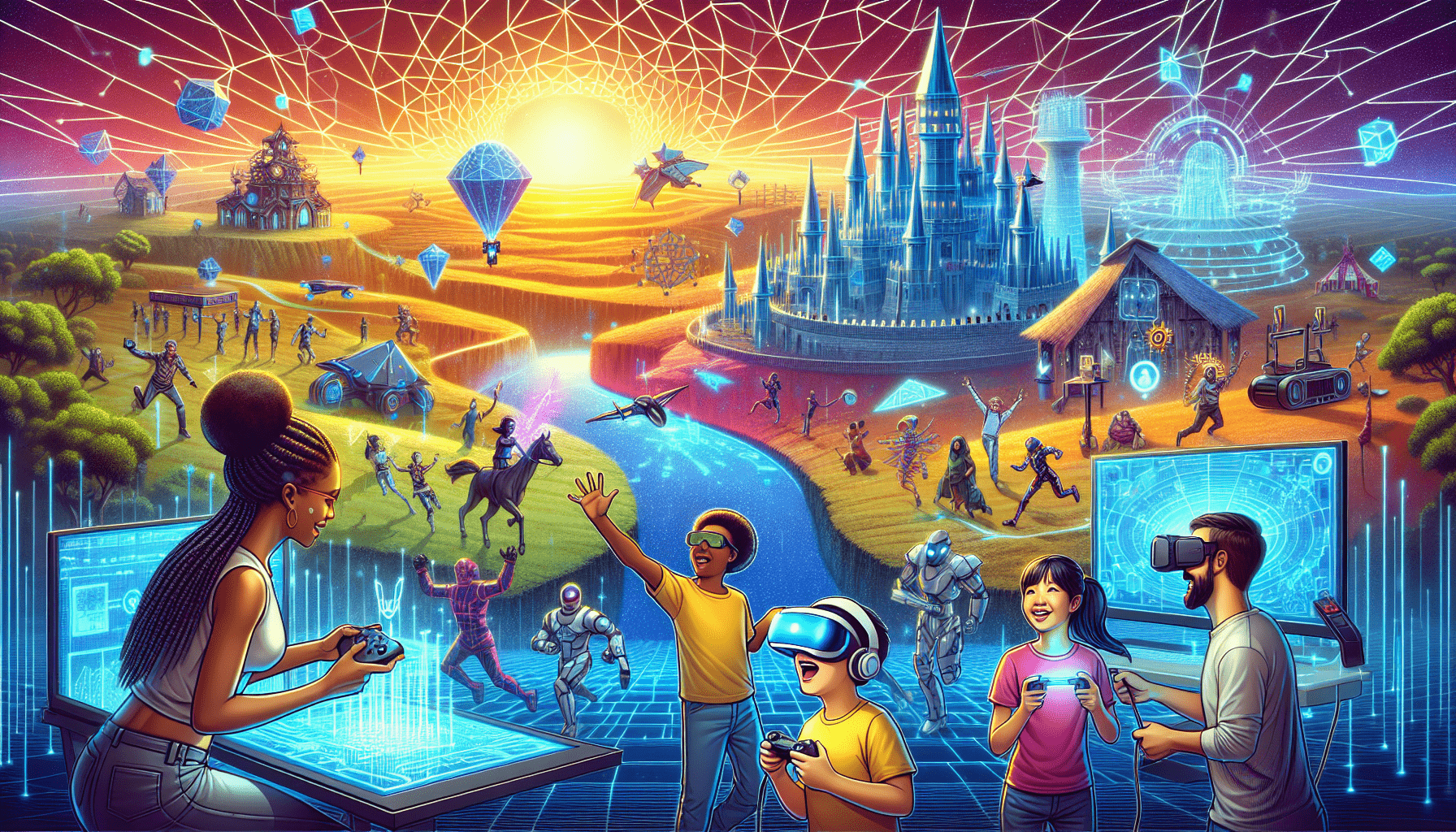/ Jan 22, 2026
Trending


The world of gaming is undergoing a transformative change, and at the helm of this revolution is the burgeoning technology of Web3. As an expert in the blockchain industry, it’s evident that Web3 is not just a buzzword but a pivotal shift that could redefine gaming’s future. From player-owned economies to innovative gaming experiences, Web3 is poised to change how we interact with virtual worlds. In this article, we delve into the most relevant news in Web3 gaming, exploring how blockchain is driving this evolution and highlighting the networks leading the charge.
Web3 gaming leverages blockchain technology to create decentralized gaming ecosystems where players have true ownership of their in-game assets. Unlike traditional gaming, where assets and progress are locked in a centralized system, Web3 offers players control over digital assets via non-fungible tokens (NFTs) and smart contracts. This decentralization is set to empower gamers, offering them a stake in the games they love.
In traditional Web2 gaming, developers have complete control over game assets, and players simply pay to participate. Web3 turns this model on its head by introducing player ownership. This new paradigm allows players to trade, sell, and even create in-game items, providing a potential revenue stream and a more engaging experience. Blockchain technology ensures transparency and security, revolutionizing how players perceive value in gaming.
Several groundbreaking developments are occurring within the Web3 gaming arena. Notable projects and platforms are emerging, offering unique gaming experiences powered by blockchain. Here are a few trailblazers that are worth mentioning:
Axie Infinity has become a benchmark for Web3 gaming with its play-to-earn model, where players can earn cryptocurrency by participating in the game. By leveraging Ethereum’s blockchain, Axie Infinity gives players genuine ownership of their characters and items, which can be traded for real-world currency. This has not only boosted player engagement but also demonstrated the viability of financially rewarding gaming ecosystems.
The Sandbox is a virtual world built on the Ethereum blockchain, offering players the ability to buy, sell, and develop plots of land. This platform transforms the gaming experience by empowering players to create and monetize their content. The Sandbox’s integration of DeFi elements is a testament to how Web3 is expanding possibilities beyond traditional gaming confines.
While Ethereum remains the dominant platform for Web3 gaming, its limitations, such as high gas fees and scalability issues, have opened the field to alternative blockchain networks. These emerging players are crucial in the path toward better, more efficient Web3 gaming experiences.
Polkadot provides a platform focused on interoperability, allowing different blockchain networks to work together seamlessly. This feature is particularly beneficial for Web3 games that require cross-chain transactions and interactions, enhancing the gaming landscape by connecting diverse networks into a cohesive system.
Flow, created by Dapper Labs, is specifically designed for scalability without compromising decentralization. As host to popular NFT projects like NBA Top Shot, Flow has demonstrated remarkable efficiency in handling high transaction volumes, making it a strong contender for future Web3 gaming projects.
Regulation remains a pivotal aspect of the Web3 gaming revolution. As the industry gains momentum, governments worldwide are scrutinizing its implications. It’s critical for developers and investors to stay informed about regulatory changes, ensuring compliance and fostering a sustainable gaming ecosystem.
The rapid rise of Web3 gaming presents unique legal challenges, from securities classification to intellectual property rights. Regulators are eager to establish frameworks that protect consumers and ensure crypto transactions’ legality. Projects must engage proactively with regulators to address potential challenges and secure the industry’s future.
The future of Web3 gaming promises exciting possibilities and transformative changes. As more gamers become interested in decentralized platforms, the adoption of blockchain technology within gaming is expected to accelerate, fostering innovative developments and expanding the global gaming community.
The success of Web3 games hinges on a strong, engaged community. As decentralized platforms, these games rely on active player participation and feedback to evolve. Building a robust community through transparent communication and collaborative development is essential for driving long-term growth and sustainability.
Web3 gaming represents a
Stay ahead with Blockchainooz! Get daily updates on industry insights, market trends, and innovative blockchain technology—all in one place. Perfect for enthusiasts and investors looking to make informed decisions in the ever-evolving world of blockchain and crypto.